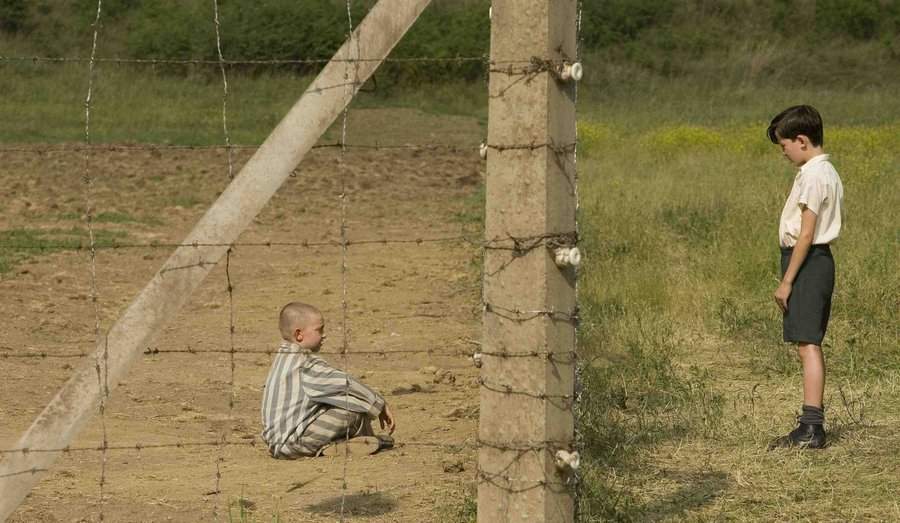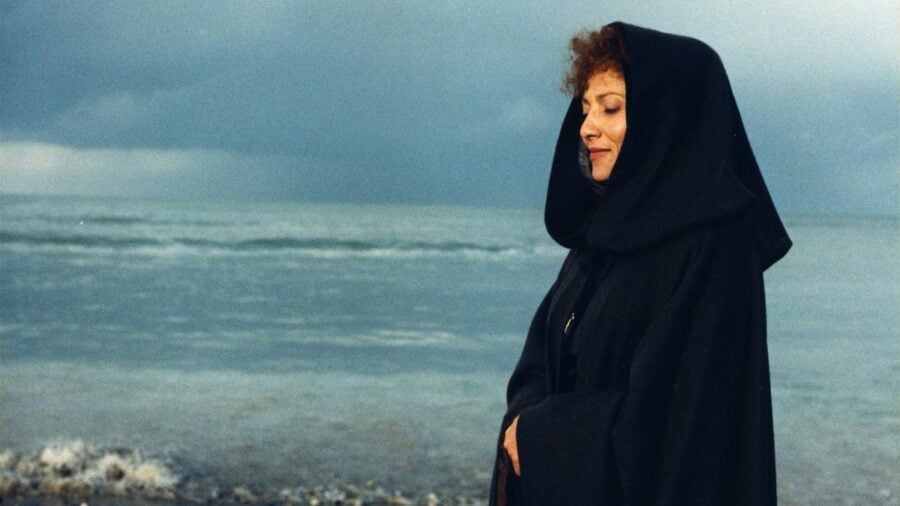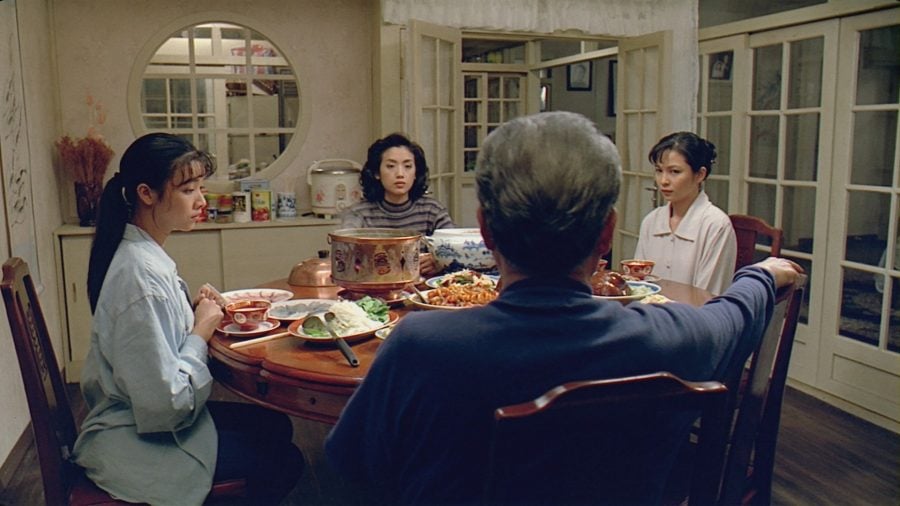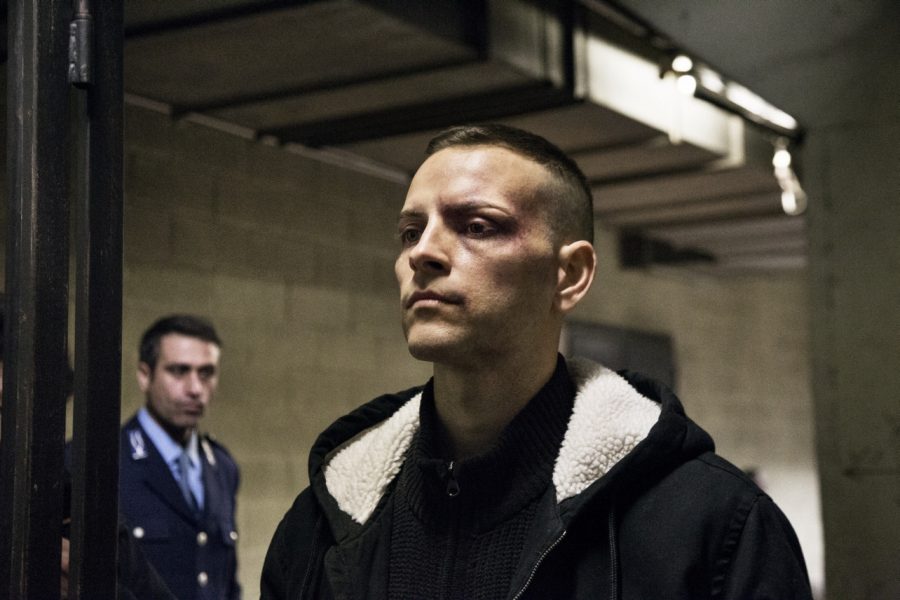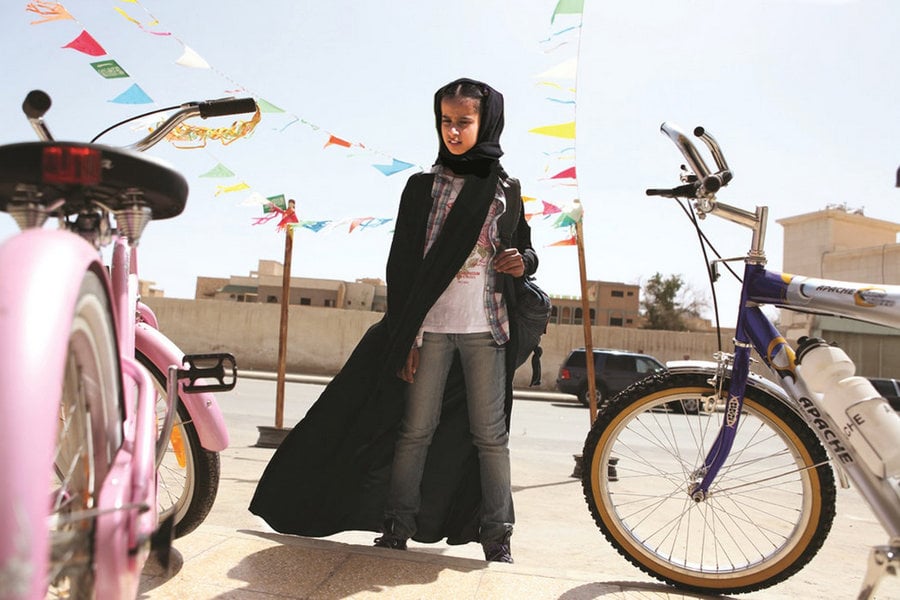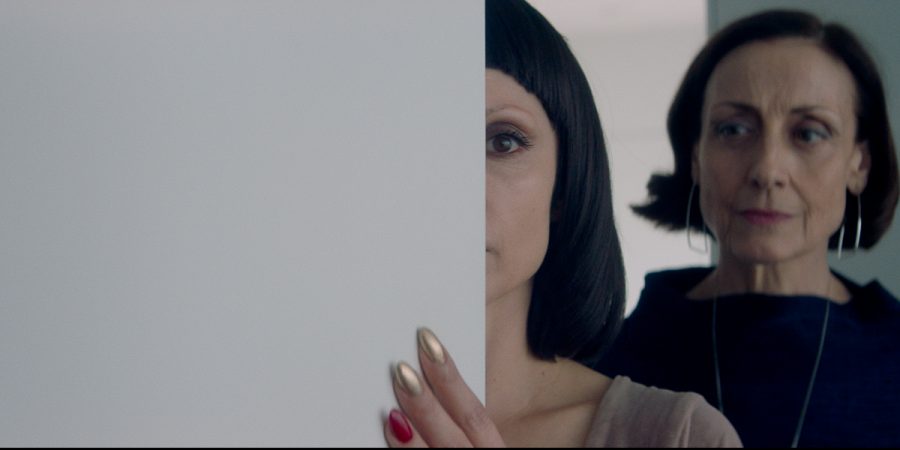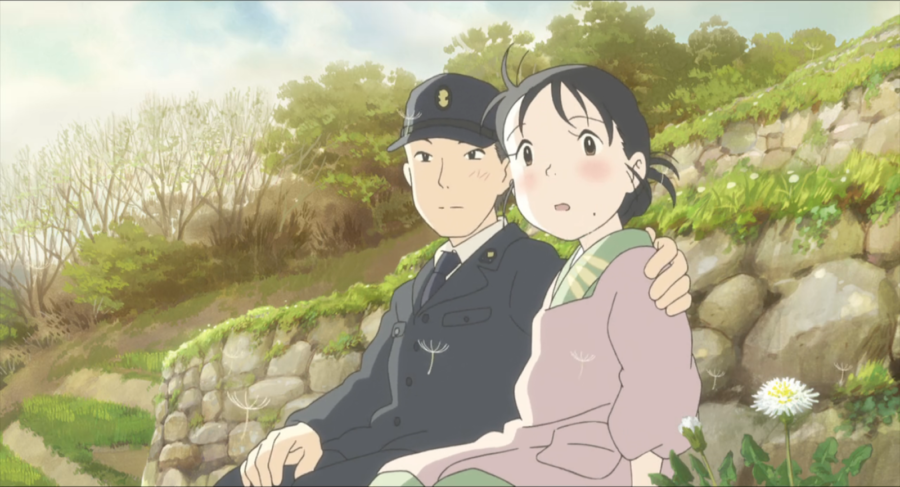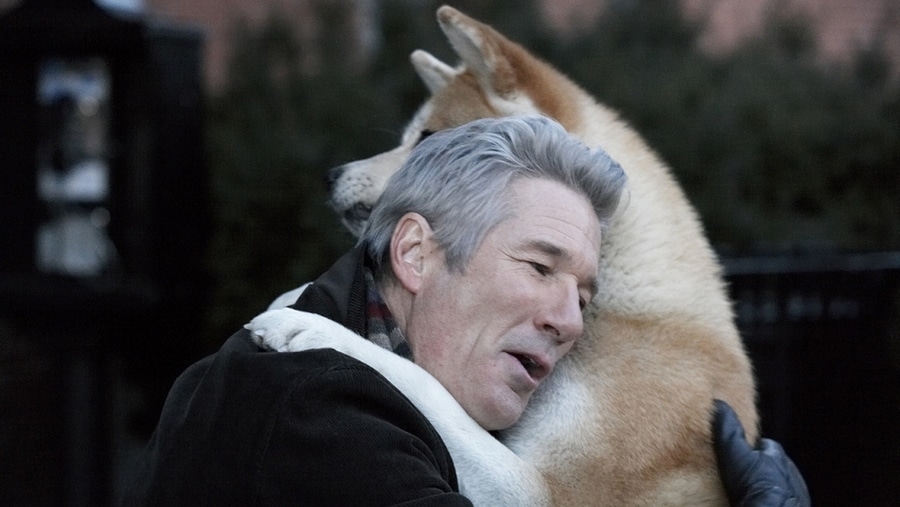You've probably watched and heard about enough Holocaust films to expect a formula, but you might want to put all that aside going into The Boy in Striped Pajamas. Bruno, the son of a WWII Nazi commandant forms an unlikely friendship with a Jewish kid his age in his father's concentration camp. The film is World War II told through Bruno's eyes, and while you might not get why this movie is so highly praised in its first scenes, the twisting and profound second half will have you recommending it to everyone in need of a moving story well executed, or quite simply a good cry.
Genre: Drama, Family, History, War
Actor: Amber Beattie, Asa Butterfield, Béla Fesztbaum, Cara Horgan, Charlie Baker, David Hayman, David Thewlis, Domonkos Nemeth, Gábor Harsai, Henry Kingsmill, Iván Verebély, Jack Scanlon, Jim Norton, Julia Papp, László Áron, László Nádasi, Mihály Szabados, Richard Johnson, Rupert Friend, Sheila Hancock, Vera Farmiga, Zac Mattoon O'Brien, Zsolt Sáfár Kovács, Zsuzsa Holl
Director: Mark Herman

